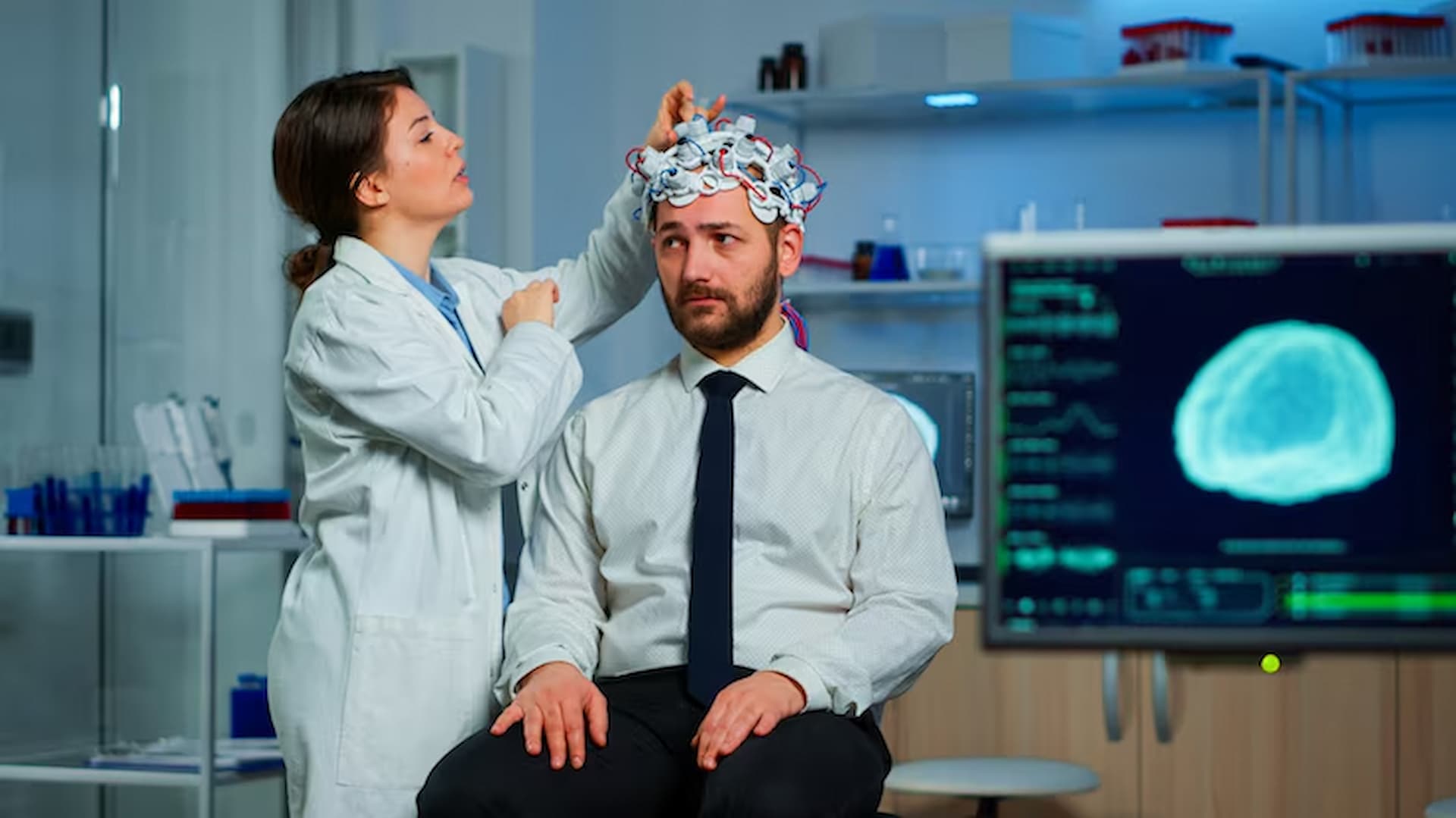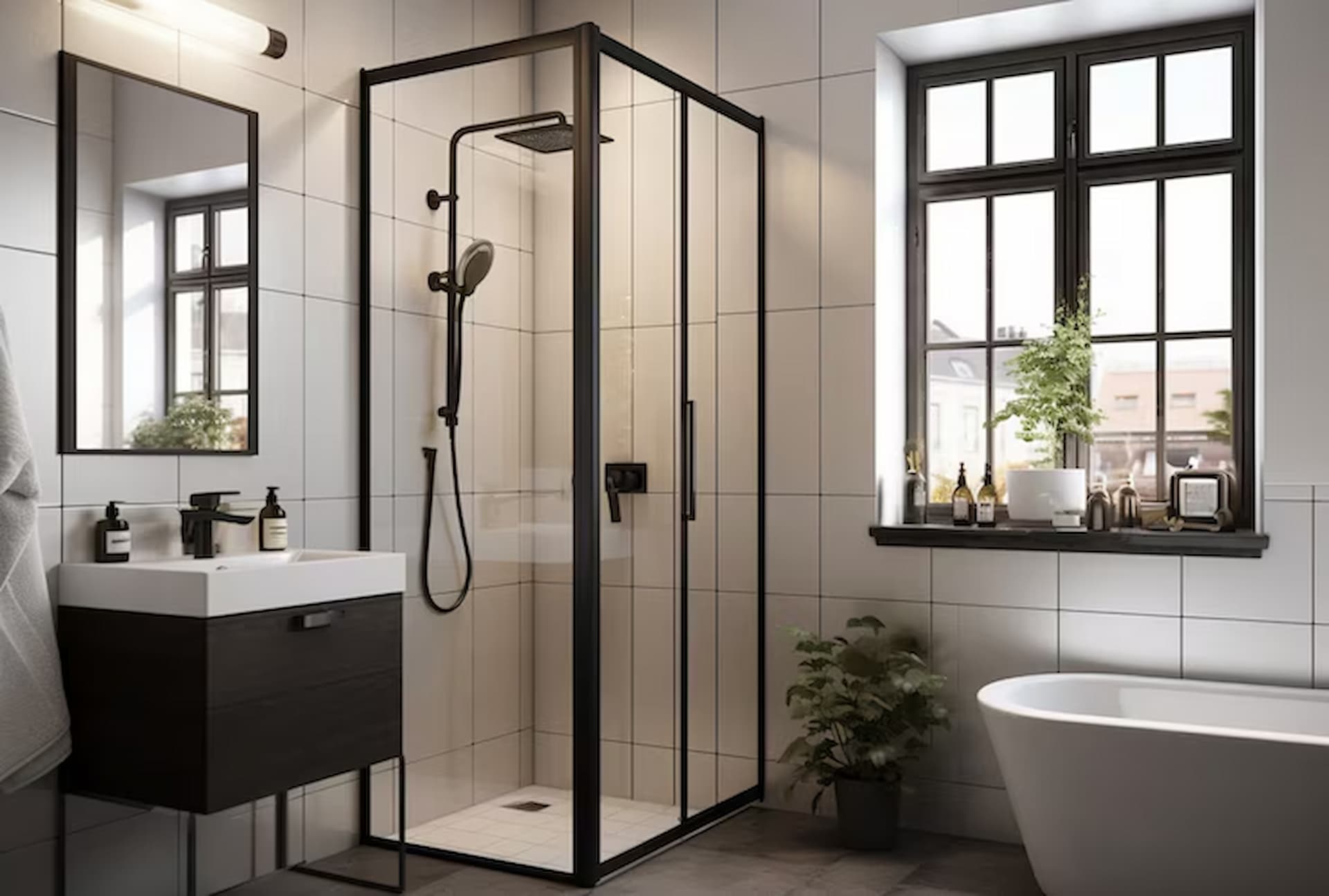Overstimulation Symptoms: Recognizing and Managing Sensory Overload in Neurodivergent Spaces

Strong 8k brings an ultra-HD IPTV experience to your living room and your pocket.
In today's fast-paced, noisy, and visually intense environments, overstimulation symptoms are becoming increasingly common, especially for individuals who are neurodivergent or living with anxiety-related conditions. Whether you're attending a music festival, navigating crowded public places, or even scrolling social media, sensory overload can significantly affect your mental well-being.
As an anxiety specialist, I often work with individuals who feel overwhelmed by sensory-rich environments. The first step in addressing this challenge is recognizing the signs of overstimulation, then applying personalized, calming strategies to cope effectively.
In this article, we'll explore what overstimulation looks like, who's most vulnerable, and how you can manage or avoid it, especially in high-sensory settings like music festivals or public events.
What Is Overstimulation?
Overstimulation, also called sensory overload, occurs when your brain receives more input from your senses than it can process comfortably. This input might come from loud sounds, flashing lights, large crowds, or excessive multitasking. For neurodivergent individuals—especially those with autism, ADHD, or generalized anxiety disorder—these environments can quickly become distressing.
Common Overstimulation Symptoms
Identifying overstimulation symptoms early can help you take action before anxiety spikes. Symptoms may vary between individuals, but the most frequently reported include:
1. Mental and Emotional Signs
- Racing thoughts
- Sudden irritability or mood swings
- Feeling emotionally numb or shut down
- Panic or anxiety attacks
2. Physical Symptoms
- Headaches or migraines
- Rapid heartbeat or chest tightness
- Sweating or trembling
- Stomach aches or nausea
3. Behavioral Clues
- Urge to flee or avoid the environment
- Difficulty focusing or holding a conversation
- Rocking, stimming, or other self-soothing behaviors
- Fatigue or sudden exhaustion
The intensity of these symptoms can range from mild discomfort to severe distress, depending on personal sensitivity and environmental triggers.
Who's Most at Risk for Overstimulation?
Although overstimulation can affect anyone, the following groups are particularly vulnerable:
- Neurodivergent individuals (autistic, ADHD, sensory processing disorder)
- People with anxiety or PTSD
- Introverts who require quiet to recharge
- Highly Sensitive Persons (HSPs)
Understanding your sensory thresholds and planning can make a dramatic difference in your comfort level at events like music festivals or conventions.
Real-Life Triggers: Where Overstimulation Happens Most
Overstimulation isn't just a festival issue—it can happen in many places:
- Environment
- Common Triggers
- Music festivals
- Loud music, crowds, strobe lights
- Malls or airports
- Noise, announcements, and bright lighting
- Social media
- Visual clutter, nonstop scrolling
- Schools or workplaces
- Constant multitasking, background noise
Knowing your triggers helps you prepare better for overstimulating environments.
Managing Overstimulation Symptoms at Events
If you're attending a sensory-intense setting like a concert, festival, or large gathering, try these expert-backed strategies to prevent or relieve overstimulation:
1. Create a Sensory Buffer Zone
Bring noise-canceling headphones or earplugs. Sunglasses or tinted lenses can reduce visual input. These tools give your brain a chance to recalibrate.
2. Use Calming Grounding Techniques
Techniques like 4-7-8 breathing, progressive muscle relaxation, or grounding exercises (such as the 5-4-3-2-1 method) can help slow down your nervous system in the moment.
3. Find a Quiet Space
Scope out low-sensory areas in advance. Many festivals now offer designated "quiet tents" or "calm zones" for overstimulated attendees. If not, look for shaded spots, restrooms, or empty corners.
4. Pace Yourself
Instead of staying at an event all day, consider arriving early and leaving before peak hours. Schedule regular breaks or plan to leave and return if needed.
5. Use Soothing Self-Talk
Internal affirmations like "I am safe," "I can step away," or "This will pass soon" can redirect your mind and lower anxiety.
6. Carry a Sensory Kit
Include fidget tools, essential oils (lavender or peppermint), hydration, a weighted object, or familiar textures to ground your body.
When to Seek Help
If overstimulation symptoms become chronic or begin interfering with your daily life, it may be time to talk to a mental health professional. You're not "too sensitive" or weak—your brain is simply wired differently, and that's perfectly valid.
Some signs you should seek help include:
- Frequent anxiety attacks in public
- Avoidance of social events or crowds
- Difficulty functioning at work or school
- Ongoing fatigue or emotional dysregulation
Cognitive Behavioral Therapy (CBT), exposure therapy, and mindfulness-based interventions have all been shown to help individuals manage sensory overload more effectively.
Supporting a Friend or Loved One with Overstimulation
If you're with someone who appears overstimulated, the best approach is compassionate support:
- Ask if they need a break rather than pushing them to stay
- Offer tools: headphones, water, breathing prompts
- Validate their feelings without judgment ("It's okay to feel overwhelmed")
- Stay calm—your energy influences theirs.
Final Thoughts: Empowerment Through Awareness
Understanding overstimulation symptoms isn't just about identifying discomfort—it's about empowerment. Whether you're neurodivergent, living with anxiety, or simply sensitive to sensory input, recognizing your triggers and planning accordingly helps you take back control of your experiences.
Music festivals and social gatherings can still be joyful, inclusive spaces when you prepare ahead, listen to your body, and make time for regulation. You deserve to participate in life in a way that feels safe, comfortable, and authentic.
Note: IndiBlogHub features both user-submitted and editorial content. We do not verify third-party contributions. Read our Disclaimer and Privacy Policyfor details.







